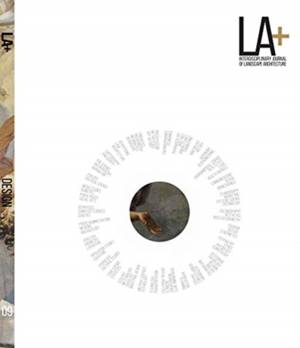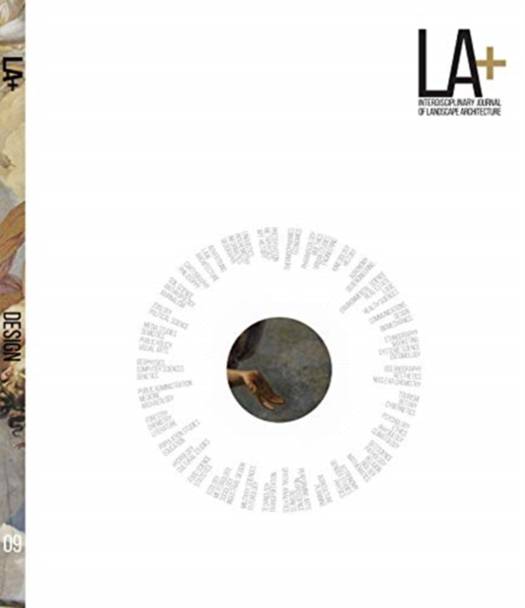
- Retrait gratuit dans votre magasin Club
- 7.000.000 titres dans notre catalogue
- Payer en toute sécurité
- Toujours un magasin près de chez vous
- Retrait gratuit dans votre magasin Club
- 7.000.0000 titres dans notre catalogue
- Payer en toute sécurité
- Toujours un magasin près de chez vous
Description
From the stone blade and the fire stick to the latest algorithms of genetic code, we shape our world through the act of design. With its roots in the Renaissance notion disegno, design is the ability not only to make something, but also to conceive of its invention and reflect on its meaning. Whether we valorize it as the democratization of design or critique it as the perversion of the commodity fetish, designed things are now ubiquitous. Not only things but entire systems must now be designed and objects reconceived and redesigned as mere moments in unfathomably complex ecological flows. The planet itself, and even space beyond, is now presented as a design problem. What does landscape architecture bring to the broader culture of design? What lessons can be learned from other disciplines at the cutting edge of design? What role does design play in a time of transformative technological change? In LA+ DESIGN we move beyond the designed outcome to explore the myths, methods, meanings, and futures of design. In this issue: - Engineer and physicist Adrian Bejan outlines his constructal theory, which predicts natural design and its evolution in engineering, scientific, and social systems. - Design researchers Craig Bremner + Paul Rodgers take us through an A-Z of design ecology. - Architects Lizzie Yarina + Claudia Bode open our eyes to new ways of seeing things through subject-object relations. - Jenni Zell explores life as a woman landscape architect through a Kafkaesque lens. - Daniel Pittman interviews MoMA's curator of architecture and design, Paola Antonelli. - Architect David Salomon explores methods of using data as both fact and fiction. - Christopher Marcinkoski interviews Anthony Dunne + Fiona Raby (Dunne + Raby) to discuss how their practice continuously redefines the role of design in society. - Thomas Oles challenges stereotypes of landscape architecture's professional identity. - Richard Weller discusses the terrarium as the ultimate design experiment. - Dane Carlson goes deep into the culture of Nepal's hinterlands to explore new modes and geographies for landscape architecture beyond the first world. - Through LA's signage, anthropologist Keith Murphy shows how different groups of people interact with and give meaning to the landscapes they inhabit. - Interviewed by Colin Curley, architect Andrés Jaque (Office for Political Innovation) discusses the role of technology and agency of architecture in society today. - Game designer Colleen Macklin shows how public space can be redefined and subverted through the agency of play. - Javier Arpa interviews urban design guru Winy Maas (MVRDV, The Why Factory) to discuss his views on the future of design and design education. - Experimental psychologist Thomas Jacobsen describes current neurological research into the subjectivity of beauty.
Spécifications
Parties prenantes
- Auteur(s) :
- Editeur:
Contenu
- Nombre de pages :
- 120
- Langue:
- Anglais
- Collection :
Caractéristiques
- EAN:
- 9781943532193
- Date de parution :
- 01-06-19
- Format:
- Livre broché
- Format numérique:
- Trade paperback (VS)
- Dimensions :
- 221 mm x 267 mm
- Poids :
- 544 g

Les avis
Nous publions uniquement les avis qui respectent les conditions requises. Consultez nos conditions pour les avis.






